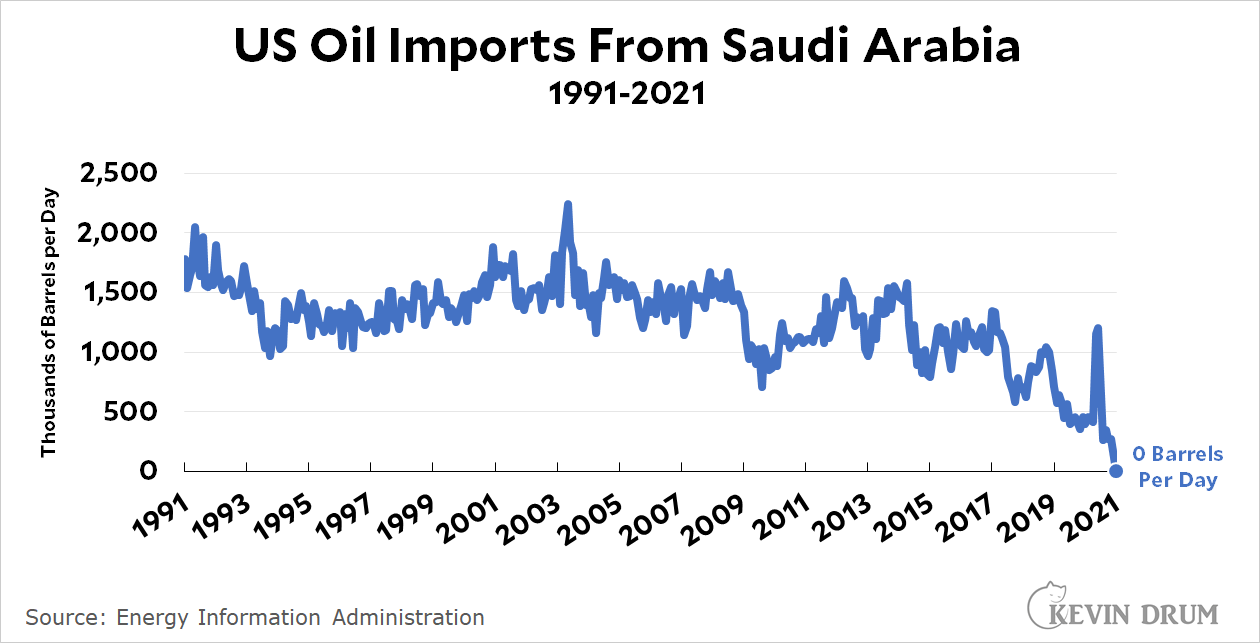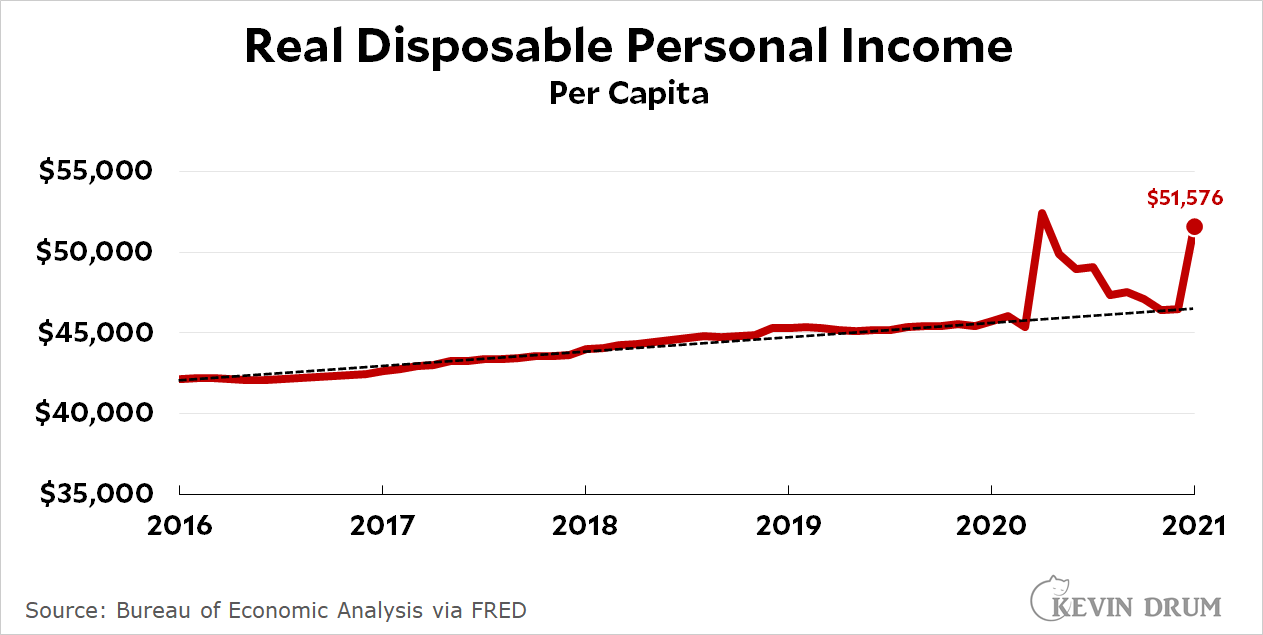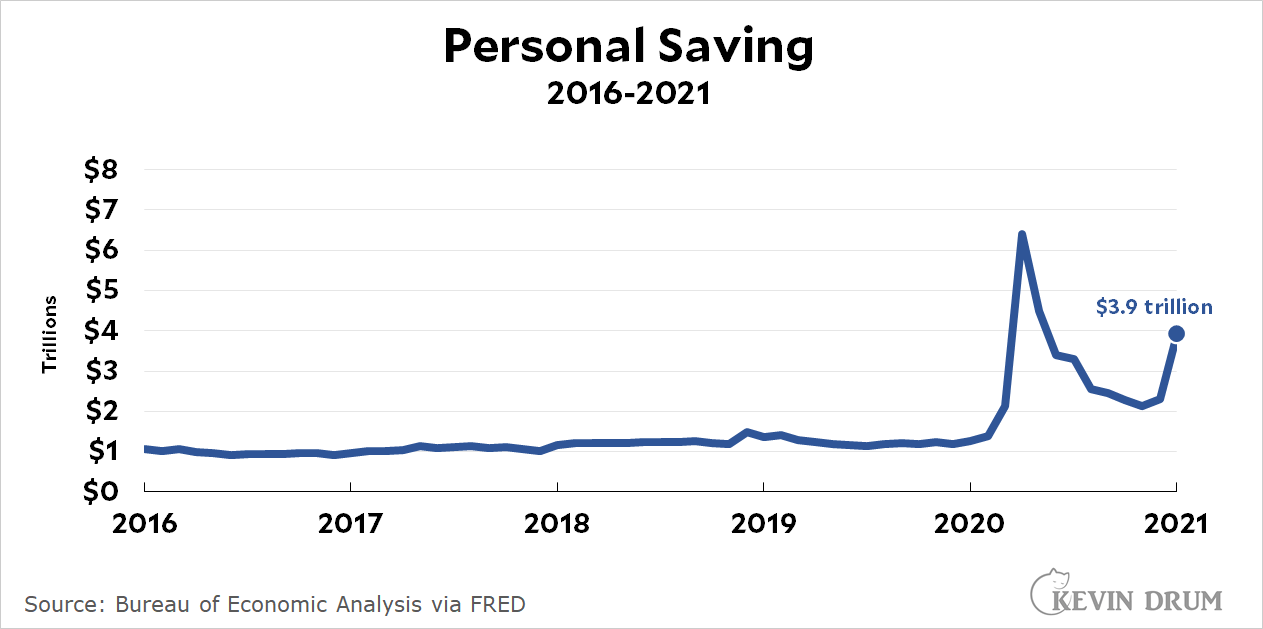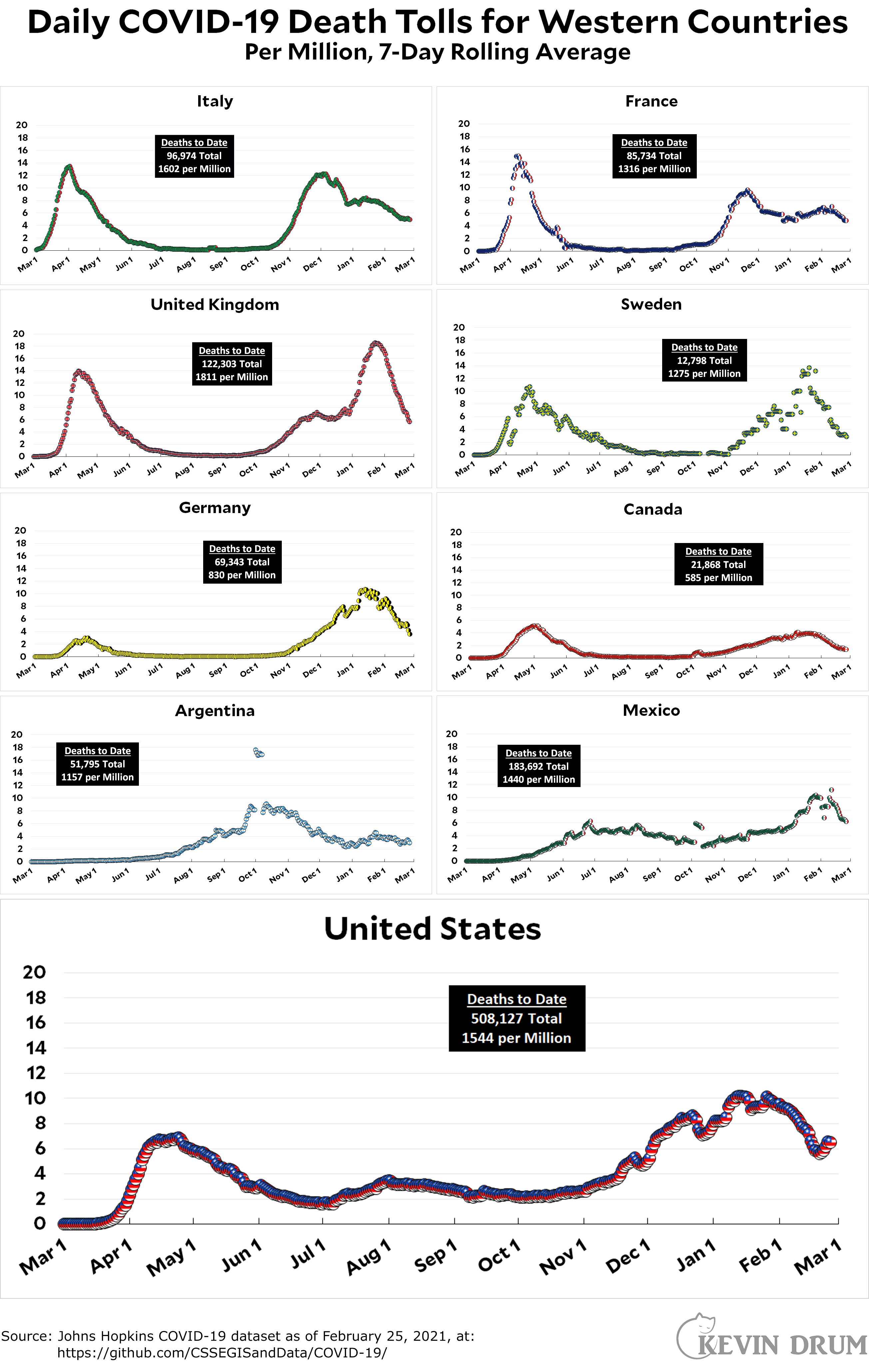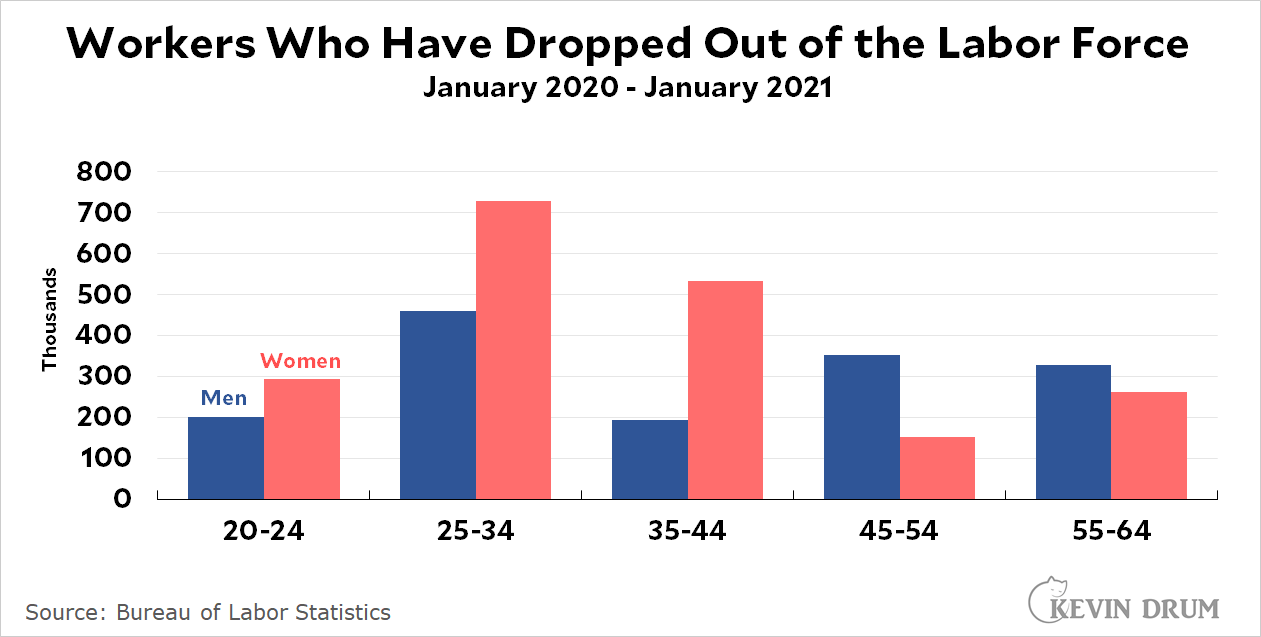Whenever I read about hesitancy in the Black community toward the COVID-19 vaccine, it's almost universally attributed to "Tuskegee." This annoys the hell out of me, and I've been meaning to write about it for a while. Today, however, Tyler Cowen points me to a piece at KQED that's practically a mind meld of my exasperation:
“It's ‘Oh, Tuskegee, Tuskegee, Tuskegee,’ and it's mentioned every single time,” says Karen Lincoln, a professor of social work at the University of Southern California. “We make these assumptions that it's Tuskegee. We don't ask people.”
When she asks the Black seniors she works with in Los Angeles about the vaccine, Tuskegee rarely comes up. People in the community are more interested in talking about contemporary racism and barriers to health care, she says, while it seems to be mainly academics and officials who are preoccupied with the history of Tuskegee.
“It's a scapegoat,” Lincoln says. “It’s an excuse. If you continue to use it as a way of explaining why many African Americans are hesitant, it almost absolves you of having to learn more, do more, involve other people – admit that racism is actually a thing today.”

The problems with "Tuskegee, Tuskegee, Tuskegee" are (a) it's mostly wrong, and (b) it allows everyone to ignore the fact that the real problem is current racism, not a scandal that began its life nearly a century ago.
In fact, it's even worse than that. Focusing on Tuskegee allows white people to shake their heads (privately, of course) over all those Black folks who are still obsessed with this one injustice that happened a long time ago. If they won't give up on the whole Tuskegee thing, then goodness. What on earth can we do about it?
The answer, of course, is to take the current treatment of Black patients seriously—and in fairness, I think the medical community has come a long way on this over the past couple of decades. But there's still a long way to go.
By the way, the KQED piece by April Dembosky is really, really good. I don't usually learn a whole lot that I didn't already know from pieces like this, but I did this time. It's well worth your time to read the whole thing.


